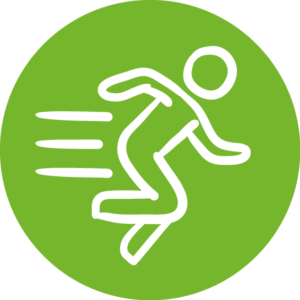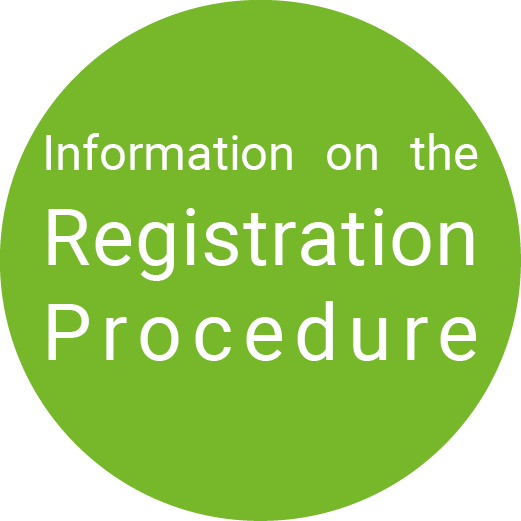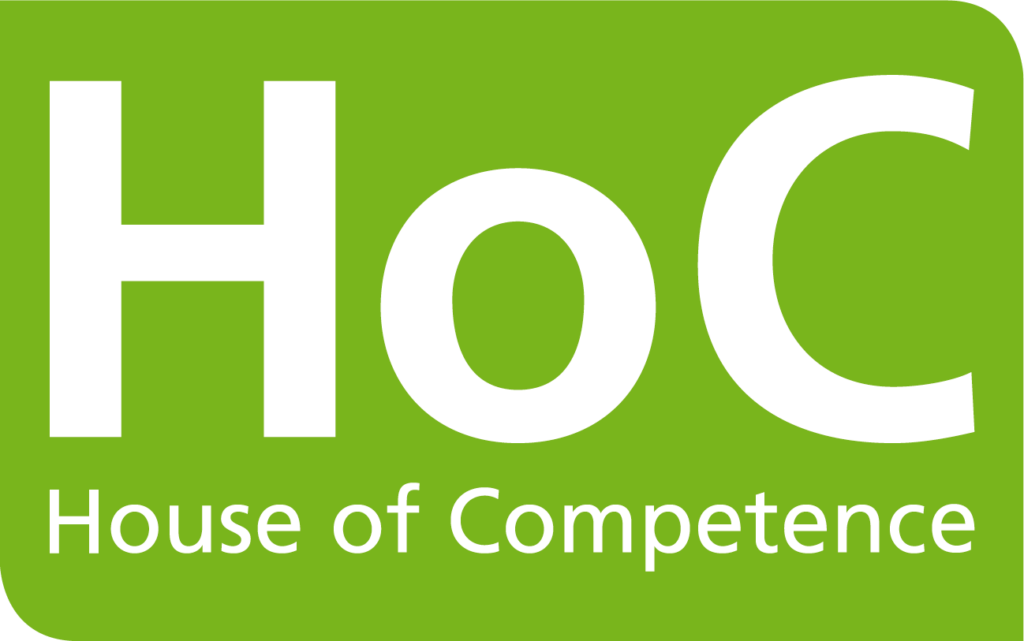Registration period lottery:
14.04.25 (12 noon) –
17.04.25 (12 noon)

If places are available – registration possible until: 30.04.25 21:59 UHR
The course supports the preparation of the reflection report on the project work and imparts basic knowledge of scientific work and writing. Students receive practical instructions on how to write and revise group work and use established e-learning and consulting services offered by the HoC writing lab.
Procedure:
- Introductory event
Presentation of the learning objectives, activation of the online modules and advisory services. - Group consultations (face-to-face & online)
Students take part in two mandatory 30-minute sessions with peer tutors – one in the conception phase, one during the writing phase. In the consultations, central aspects such as style, argumentation and citation are discussed on the basis of up to three pages of the text. The aim is to apply the improvements learned to the entire report. Booking the group consultations: HoC Writing Lab - Online module: Good scientific practice
Introduction to the principles of scientific integrity and how to recognize and avoid misconduct. The module raises awareness of responsibility within scientific work and provides insight into quality assurance mechanisms. Practical case studies are used to illustrate typical challenges so that students can apply the rules of good scientific practice directly to their own project work. - Online module: Collaborative writing & text competence
Teaching techniques for the efficient planning, structuring and formulation of academic texts. Students learn to divide their writing tasks into meaningful steps and to use guiding questions for the individual sections. In addition, methods of text correction are introduced in order to avoid errors in style, argumentation and citation. In addition, the module provides an overview of visualization options (tables, figures) and reflects on the sensible use of AI-supported writing tools.
Learning objectives:
Students learn how to organize group work efficiently, adhere to academic standards and implement constructive feedback. Through the combination of individual consultations and digital learning modules, they are enabled to create their reflection reports independently and in high quality.
Workload for ECTS:
1 ECTS: Participation in the introductory event, at least two writing consultations on the reflection report (incl. incorporation of feedback) and complete processing of the e-learning components.
Lecturers:
Andreas Hirsch-Weber is head of the writing lab at the House of Competence. His main topics are writing and information skills, good scientific practice, skills development through e-learning and writing research with a focus on STEM subjects.
Lisa Sielaff studied German Studies (M.A.) at the Karlsruhe Institute of Technology and has been a research assistant at the Writing Lab of the House of Competence (HoC) since 2022. Here she is involved in the conception of online courses on collaborative writing and research and supervises the tutor training of the Writing Lab’s writing consultancy.
24.04.2025 15:45 Uhr – 24.04.2025 17:15 Uhr (30.41, HS 3,)


